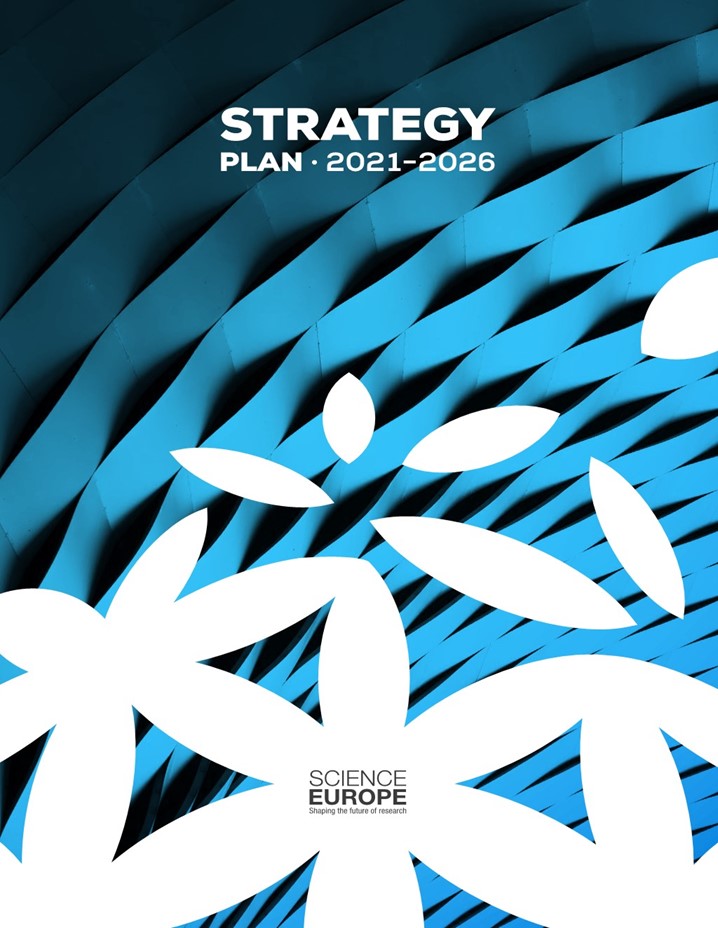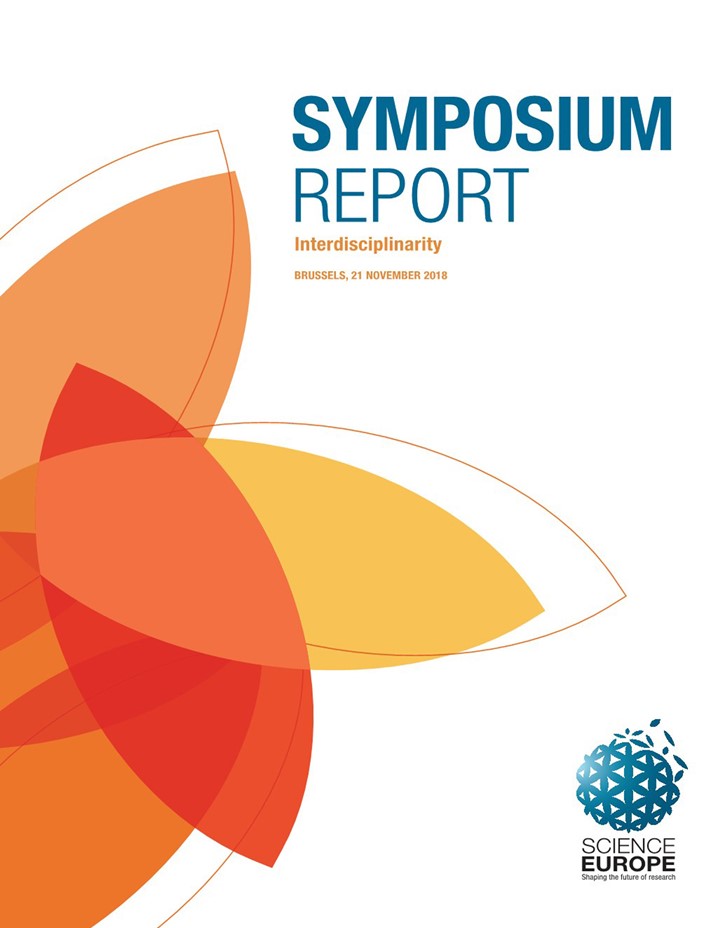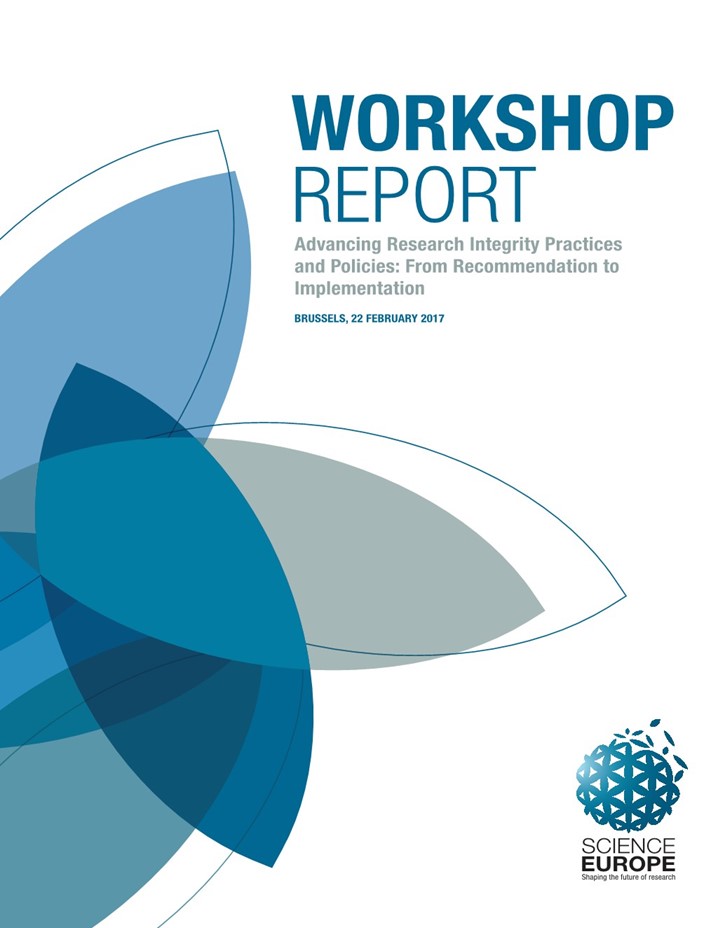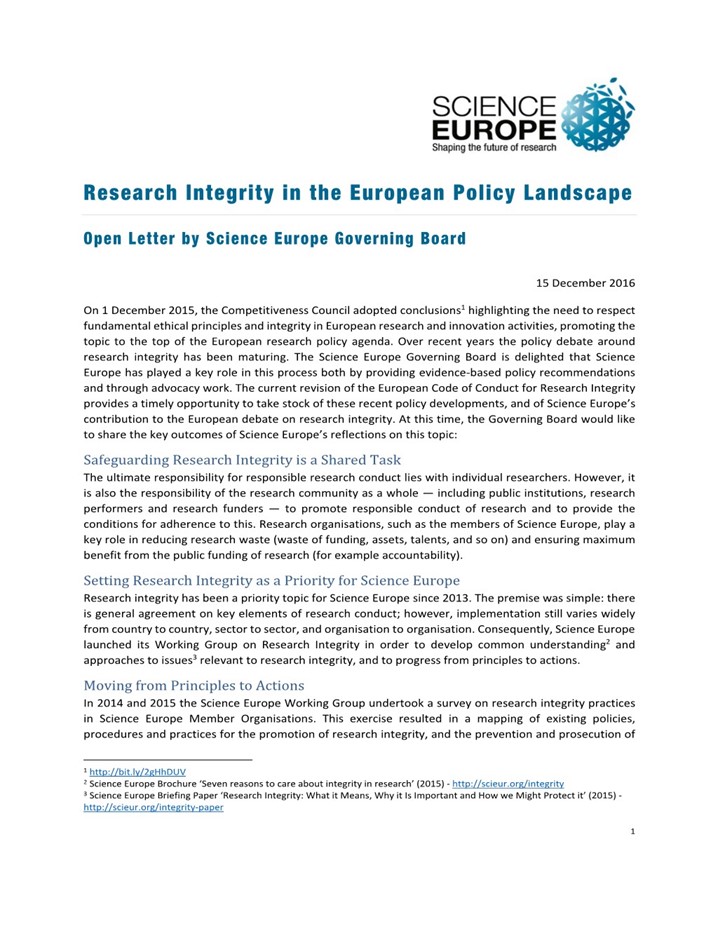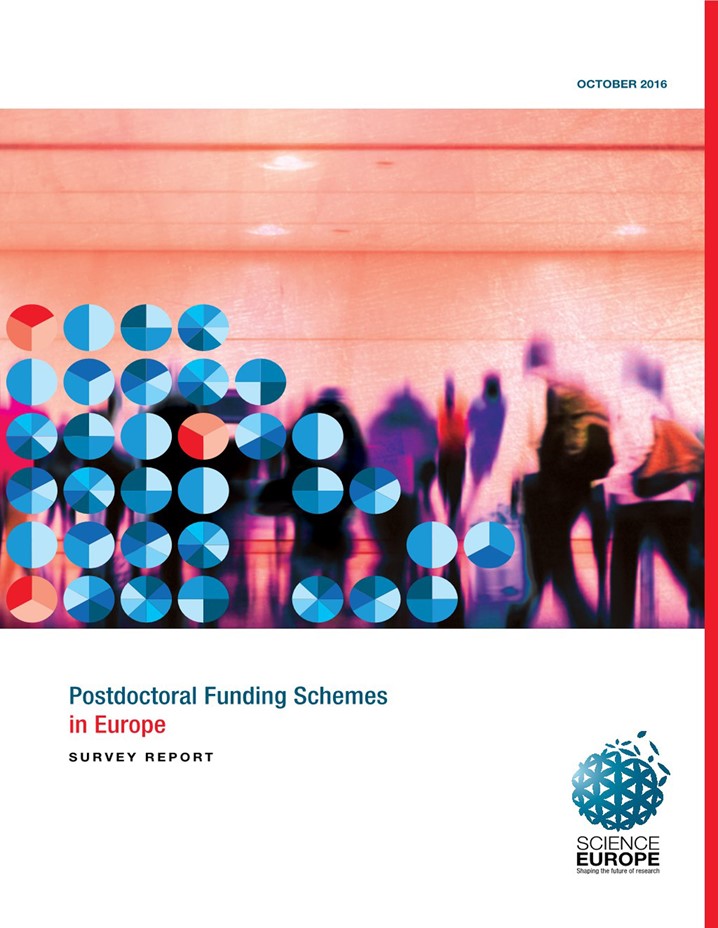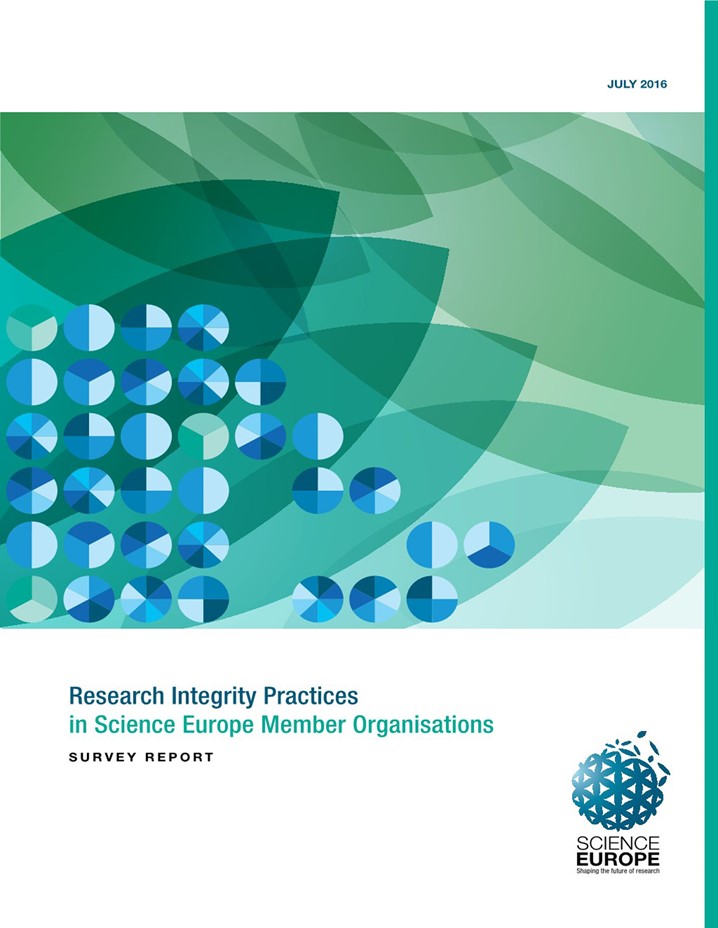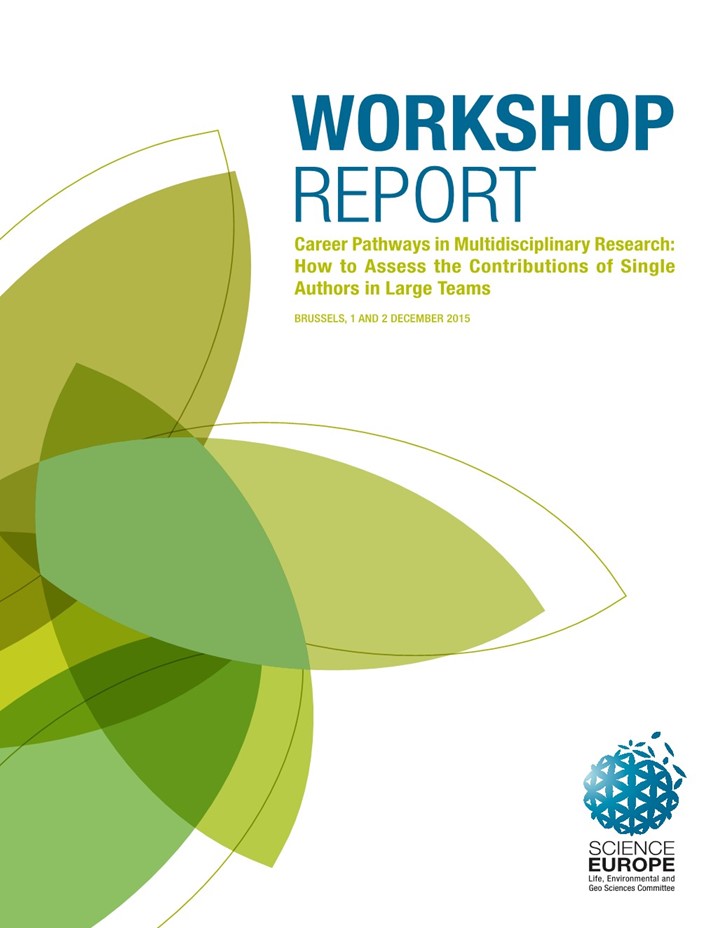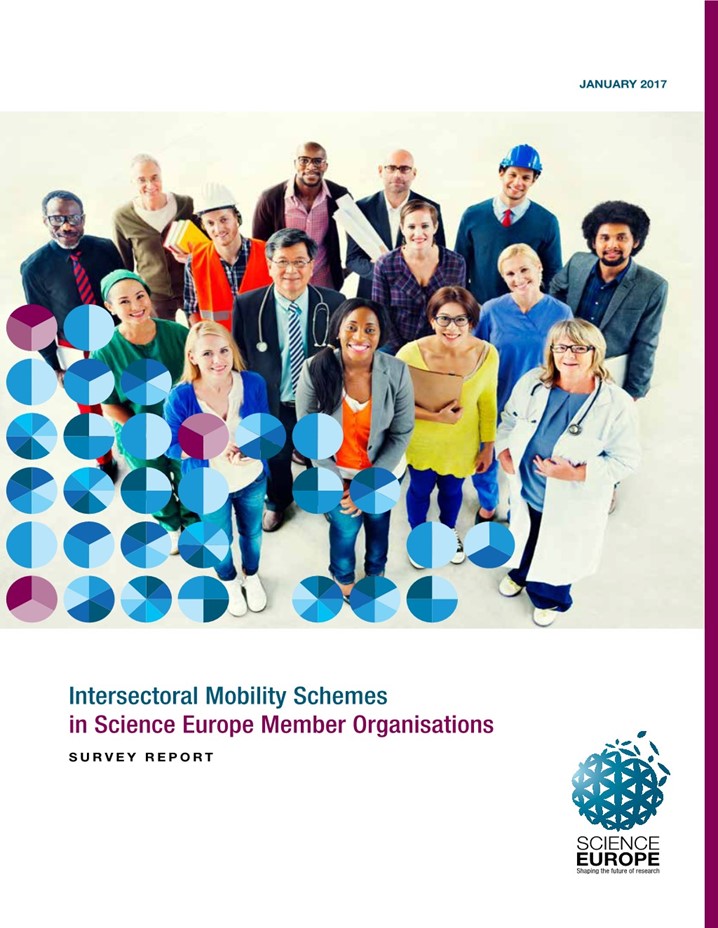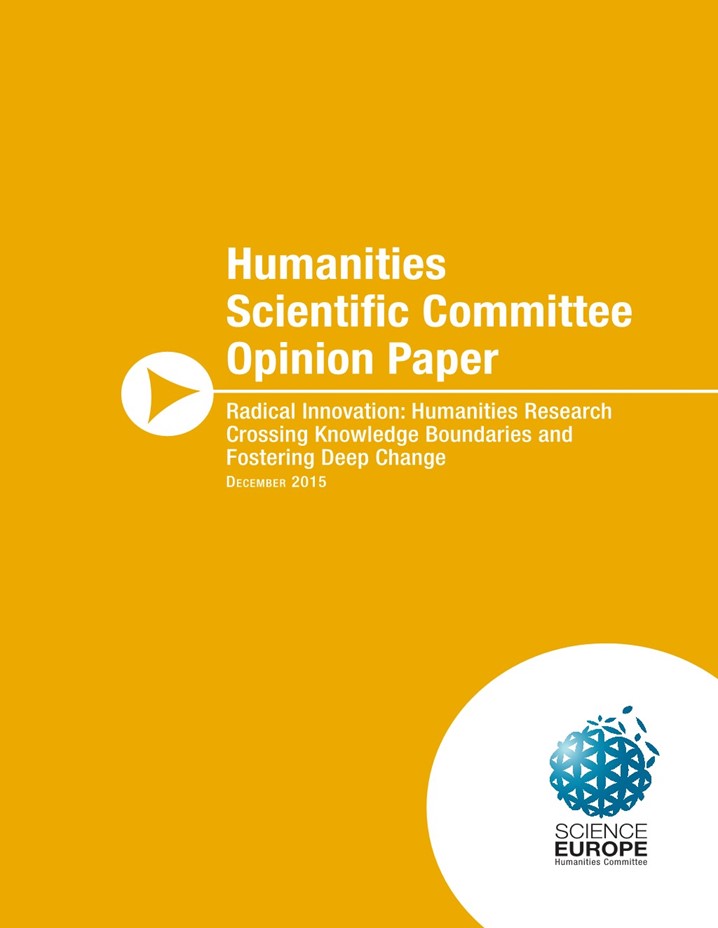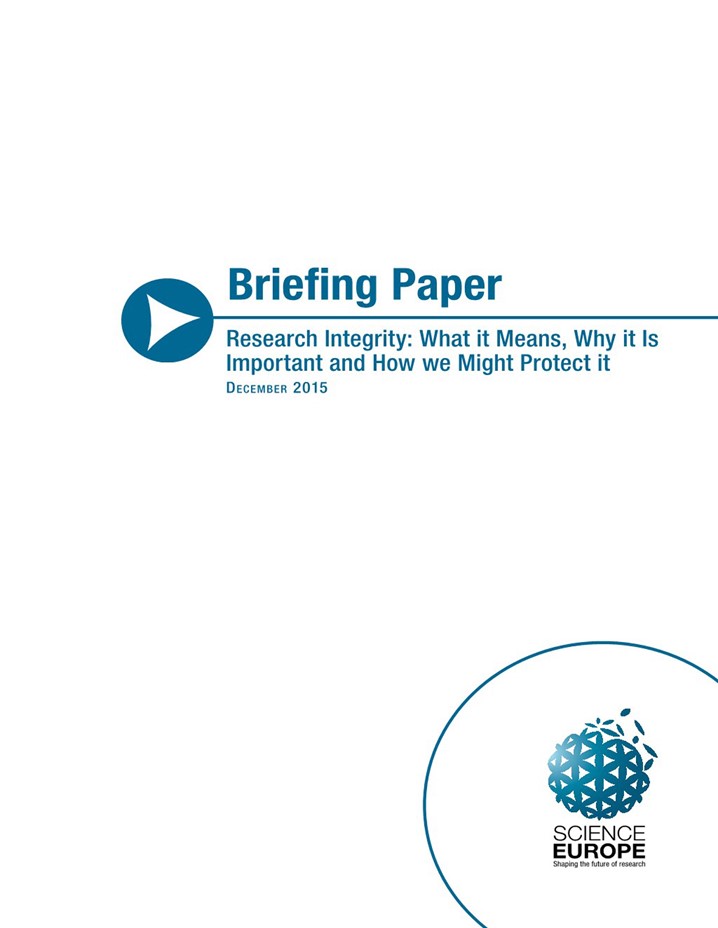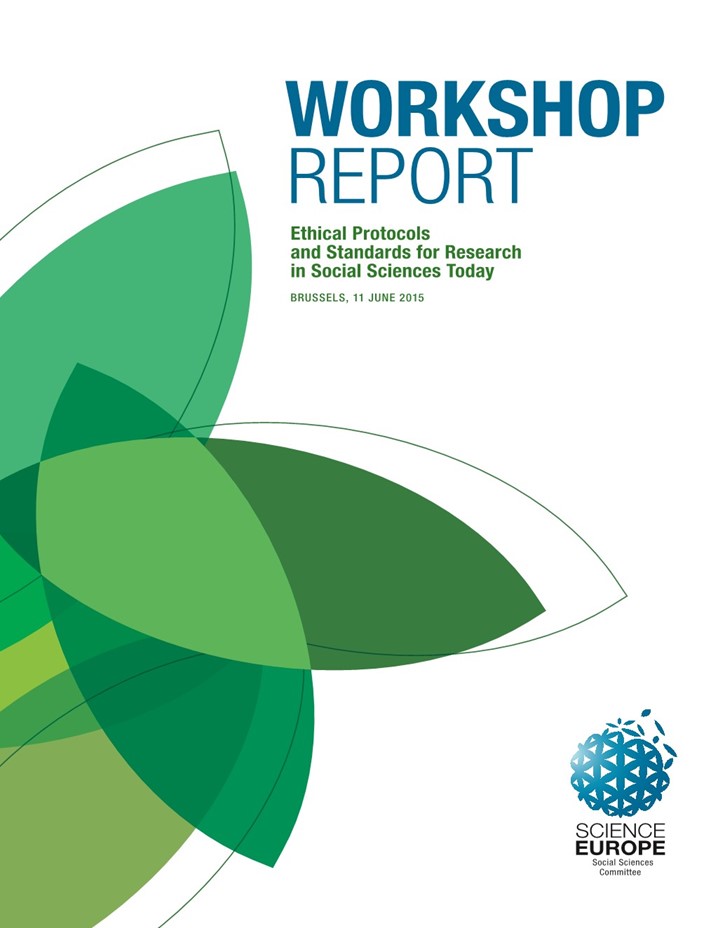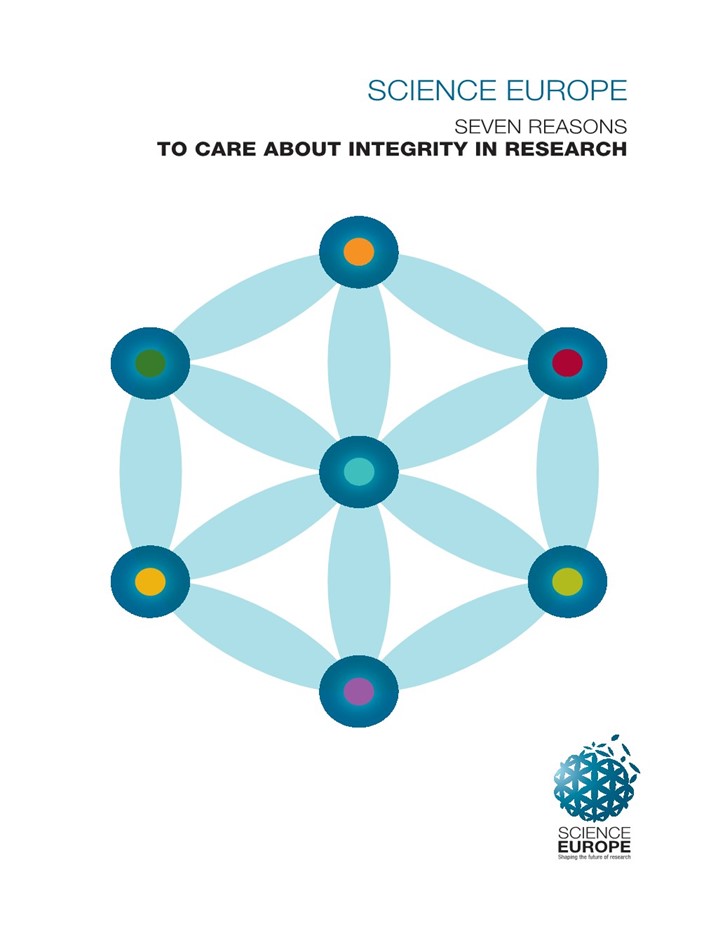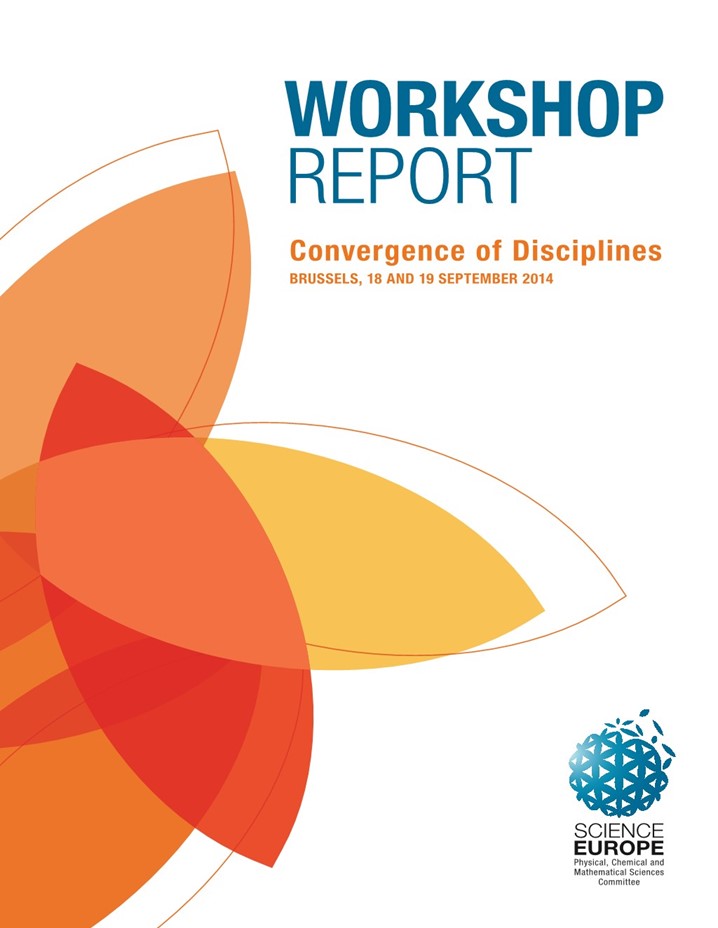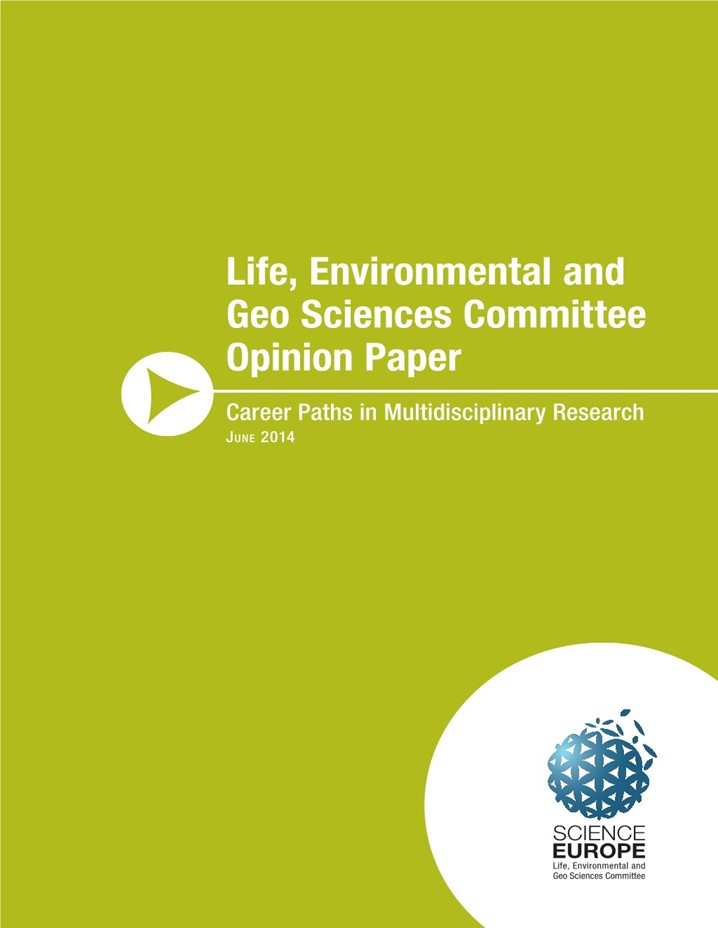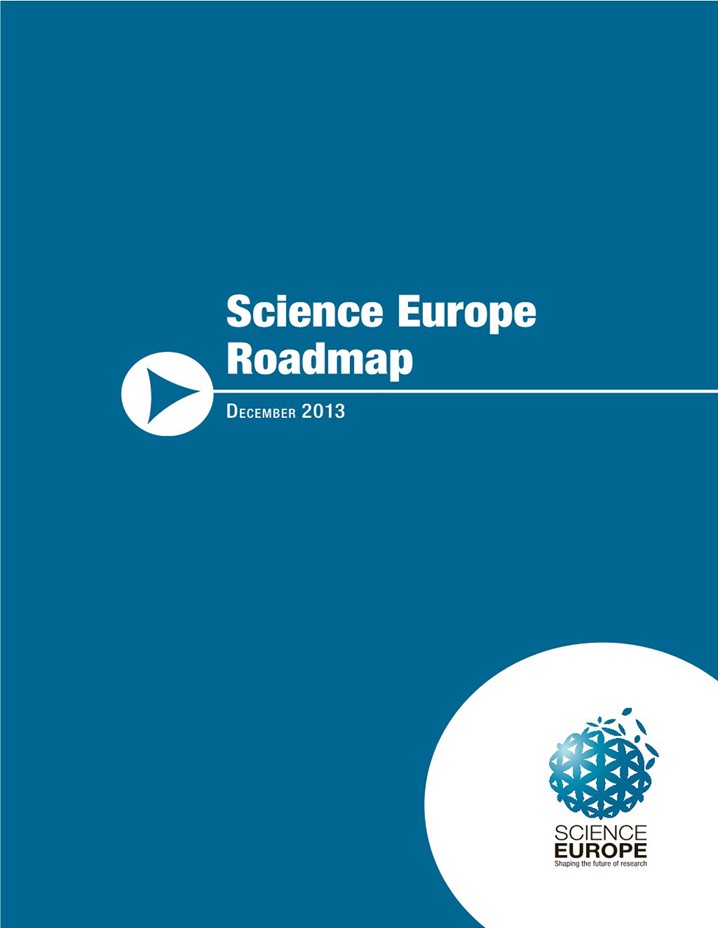Member-only content is available on this page. Please log in to view this content.

Our resources
Discover Science Europe’s comprehensive library of resources, including the most recent publications, briefings, and position statements.
40 resource(s) found
Science Europe Strategy Plan 2021-2026
The Science Europe Strategy Plan comes at a crucial time for European Research an Innovation (R&I) and includes an updated vision, mission, values, and set of strategic priorities for the association. It supports its Member Organisation in their mission to create world-class scientific knowledge, delivering more benefit for our societies.
Science Europe Symposium on Interdisciplinarity
Interdisciplinarity is increasingly used to tackle complex scientific questions and address large societal challenges. At the same time, the evaluation of interdisciplinary research proposals poses a set of problems, ranging from missing common standards and criteria to shortages of peer reviewers with experience in evaluating interdisciplinary research. At its third Symposium, Science Europe and its Scientific Advisory Committee brought together researchers and other experts experienced in interdisciplinarity with high-level representatives from Science Europe’s Member Organisations, who fund and perform such research.
Advancing Research Integrity Practices and Policies: From Recommendation to Implementation
This workshop aimed to advance implementation of the recommendations published in Science Europe’s Survey Report ‘Research Integrity Practices in Science Europe Member Organisations.’ The workshop explored the challenges in taking forward certain recommendations through the discussion of case studies presented by organisations that have already tackled some of the more difficult issues.
Open Letter from the Governing Board of Science Europe on Research Integrity in the European Policy Landscape
Safeguarding research integrity is a shared task. This is the core message of the Science Europe Governing Board in its Open Letter which is a contribution to the revision of the European Code of Conduct for Research Integrity. It provides the opportunity to take stock of the recent policy developments and of Science Europe’s contribution to the European debate on research integrity.
Postdoctoral Funding Schemes in Europe
The postdoctoral period is a critical phase in a researcher´s career: it is when (s)he chooses whether to pursue a scientific career, and succeeds in achieving that goal, or not. Science Europe has carried out a mapping of support opportunities for postdoctoral researchers, or ‘postdocs’, to improve understanding of what funders do to support researchers’ careers after the completion of their PhD, and to learn whether existing funding schemes can be improved in terms of career support.
Research Integrity Practices in Science Europe Member Organisations
Research integrity is at the core of the research endeavour. It is the basis for researchers’ trust in each other and in the research record and, equally importantly, society’s trust in research. This report maps existing policies, procedures, and practices for promoting research integrity and builds upon this to make a number of key recommendations for improving research integrity including processes and policies, awareness raising, training, and collaboration.
Career Pathways in Multidisciplinary Research: How to Assess the Contributions of Individual Members of Large Teams
Scientific research increasingly relies on large collaborative, multi-disciplinary, and interdisciplinary research teams – often working across borders and across sectors – to address big societal questions. This report considers how research organisations can best support collaborative, multi-disciplinary, and interdisciplinary research teams. It also considers how can they allocate appropriate credit for research input and better evaluate multidisciplinary research.
Intersectoral Mobility Schemes in Science Europe Member Organisations
Intersectoral mobility of researchers is gaining political momentum in Europe, with more interest in bringing in the competences that characterise researchers into public, private, and not-for-profit sectors. This survey report looks at the diversity of measures that are in place within Science Europe Member Organisations to enable researchers to be more mobile across different sectors of employment
Radical Innovation: Humanities Research Crossing Knowledge Boundaries and Fostering Deep Change
This Opinion Paper shows how arts and humanities research is at the heart of innovation processes. In this paper the Science Europe Scientific Committee for the Humanities advocates the need for a wider and deeper understanding of the concept of innovation, in order to better prepare Europe to tackle global challenges. The Committee points out ways to achieve stronger European leadership through the promotion of radical innovation by highlighting the contribution of arts and humanities research.
Briefing Paper on Research Integrity: What it Means, Why it Is Important and How we Might Protect it
This briefing paper looks at developments in efforts to address issues of research integrity. It explores the available data on the frequency of misconduct, why it is thought that researchers would commit misconduct in the first place, how national and international organisations have approached the promotion of research integrity, and the manner in which allegations of misconduct are handled.
Workshop on Ethical Protocols and Standards for Research in Social Sciences Today
Research in the social sciences regularly faces its own ethical issues, yet it lacks an equivalent codification of approaches that are tailored to its disciplines, as well as sufficient infrastructures at the institutional level to assess proposals. The importance and value of ethics in social sciences research are not yet universally embraced, creating divergence in approaches and resourcing between countries, institutions and disciplines. Furthermore, social sciences research is undergoing a period of rapid change. There is increasing participation in multidisciplinary projects, while changes in technology are creating new challenges for social sciences researchers, which need to be addressed. The social sciences urgently need ethical protocols that can function effectively across disciplines and can adapt to advances in research methodologies and strategies.
Seven Reasons to Care about Integrity in Research
Research integrity is intrinsic to research activity and excellence. It is at the core of research itself. It is a basis for researchers to trust each other as well as the research record, and, equally importantly, it is the basis of society’s trust in research evidence and expertise. This brochure sets out seven key reasons why research organisations should be concerned about promoting research integrity amongst their research communities.
Workshop report: Convergence of Disciplines
This workshop was convened by the Science Europe Scientific Committee for Physical, Chemical, and Mathematical Sciences to explore issues surrounding the concept of ‘convergence’ and its potential relevance to, and implications for, research funding organisations and research performing organisations in Europe. The aim of this exploratory workshop was to provide a forum for debate and discussion, rather than to arrive at specific conclusions or formulate policy recommendations. The workshop, attended by some 45 delegates, took the following format: four keynote speakers with expertise relevant to the topic of convergence gave presentations, followed by three short interventions. Delegates were then split into three groups which sat in parallel to explore the areas of governance, tools and infrastructures, and training and careers. Again this was followed by an open discussion.
Career Paths in Multidisciplinary Research
In this paper, produced by the Scientific Committee for the Life, Environmental and Geo Sciences, the Committee highlights the lack of clear evaluation metrics for scientists working in multidisciplinary teams. The Committee devises also concrete recommendations to contribute to the elaboration of an appropriate evaluation framework and suggests four main categories of indicators that demonstrate success in multidisciplinary and collaborative research: data generation, analysis and knowledge management; the development of enabling tools for data handling; the added value of collaborative research, and acknowledging contributions in bibliometic analysis.
Science Europe Roadmap
The Roadmap, approved by the Science Europe General Assembly in November 2013, is Science Europe’s action plan to contribute to the elements of a successful research system. It acts as a framework for voluntary collective activity, providing a long-term strategy for the association. The ‘Priority Action Areas’ are those in which Science Europe members believe that there is a potential to achieve tangible and substantive progress, and where they can add real value by working together.

